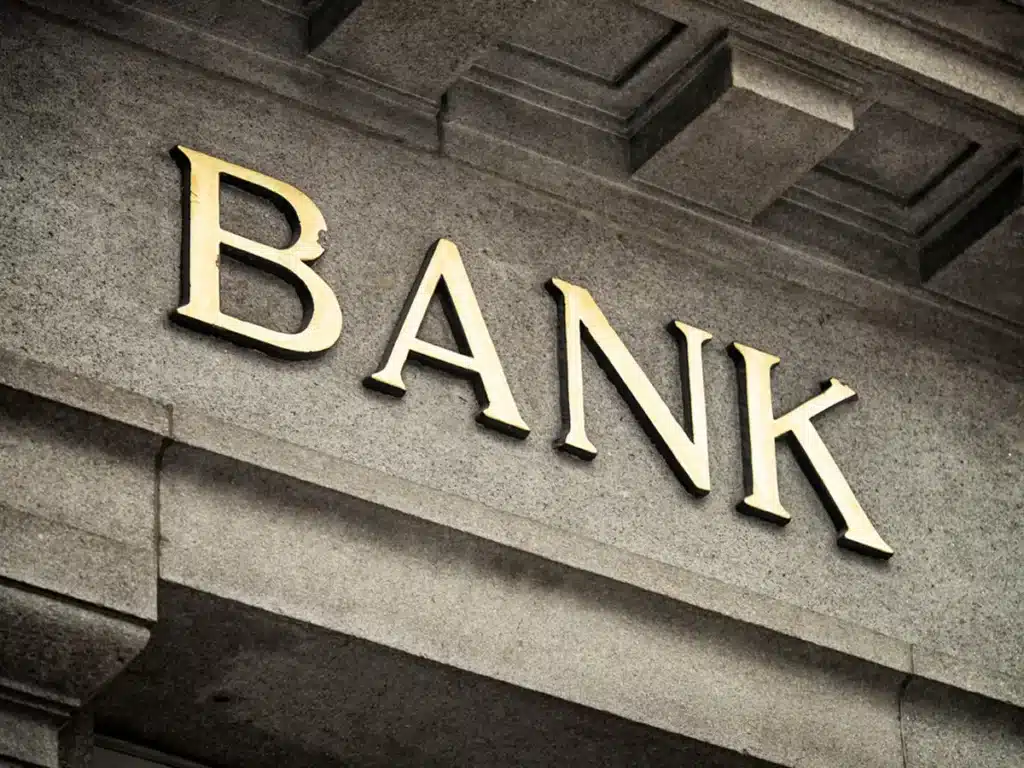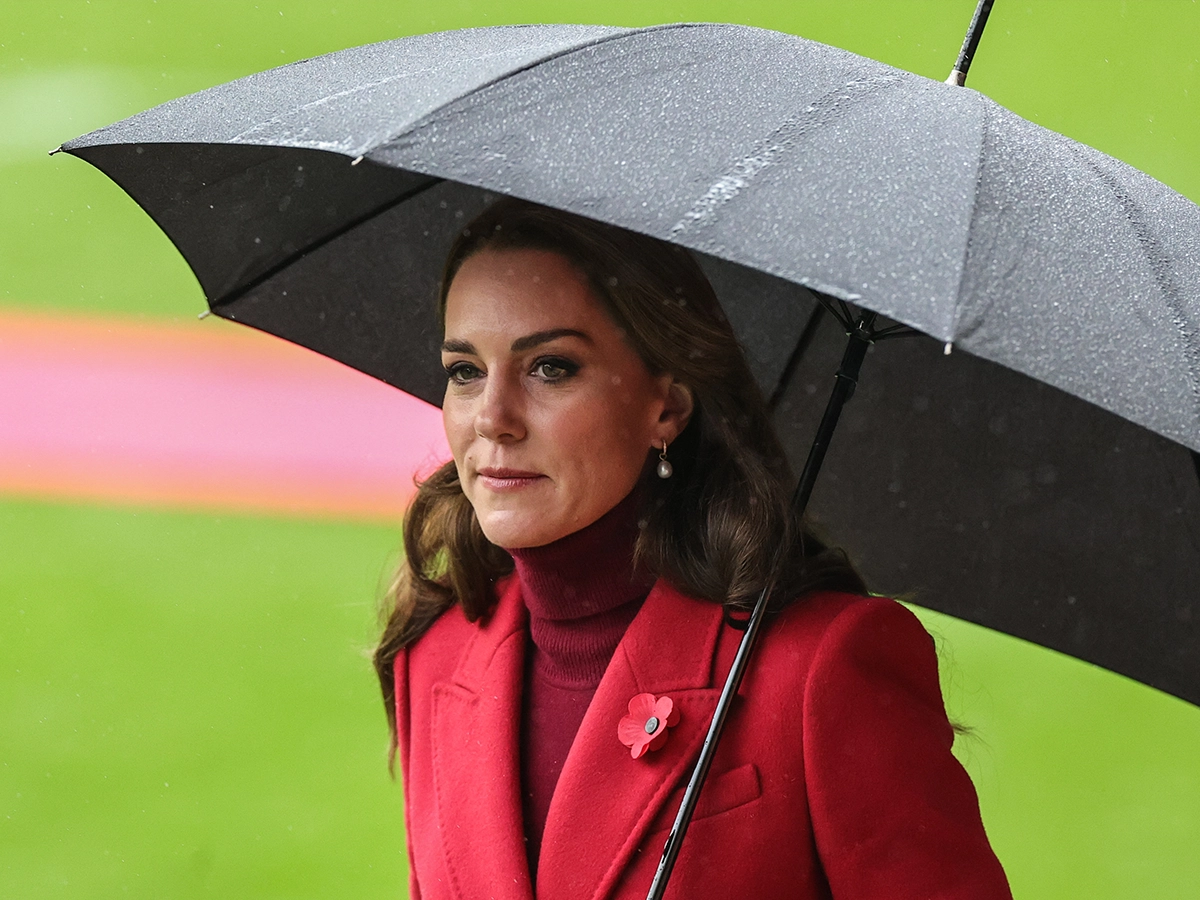How much can we really trust the big banks?

Banks have always been thought to be a safe place to store and invest your money, but over the years several corporate banks have gone bankrupt resulting in people losing their money. What happens when this happens to your bank? And should you trust banks? Perhaps only within reason.
Given banks and other financial institutions’ habit of reckless lending which led to the housing market crash and the Great Recession of 2008, a huge contributor being the Ponzi scheme of Bernie Madoff, your mistrust is valid. Many people have become even more fearful and skeptical of banks after the volatile stock market of 2020/21.
Although improvements have been made to the banking system the human instinct is not to trust so easily again. Therefore, alternative options to store and invest money have been looking a lot more appealing to people, such as federal bonds, real estate, precious metals, luxury assets, businesses, cryptocurrency, and even keeping cash on hand (although, not without its own risk).
Banks have been thought to be a safe place to store and invest money in previous years because you were ensured return on your financial investments and promised that your savings are secured whilst yielding interest to keep up with inflation. However, banks have proven countless times that they are not as safe as they have marketed themselves to be to the average Joe through the media.
People have become awakened to the fact that banks offer a “safe” place to store your money in exchange for a return of your money with interest of about 2-8% in interest after a certain period. Although should you wish to withdraw your money earlier you would incur penalties and other bank charges in some cases. Banks then take your money and reinvest it by providing services with it such as, providing loans to their other customers including service fees and higher interest rates than what you’re getting of up to 24% (the highest banks can legally go). More so, the biggest banks today have an entirely separate stream of income by investing in real estate, stocks, and bonds.
Your money is not physically stored at the bank. According to the Federal Reserve, banks only keep about 10% of what you deposit into the bank and the rest is invested elsewhere or loaned to their other customers. Most of the banking system is dependent on their customers not requesting a withdrawal at the same time which could result in a bank collapse should your bank not be able to fulfill all the withdrawal requests.
Depending on the magnitude of your financial assets stored at your bank and the types of accounts you have with them your money may not be completely protected. Your bank likely has billions of uninsured financial deposits so it is likely that your money will not be safe should your bank collapse.
In the US, for example, although the Federal Deposit Insurance Corporation (FDIC) insures depositors against losses in the event of bank failure it has not been enough to provide people with peace of mind. In March 2023, Silicon Valley Bank led to the largest bank failure in US history. More so, since 2001 562 FDIC-insured banks have failed since the Great Recession which brings into question whether the FDIC would be able to keep up should another recession occur or if too many banks collapse at the same time.
Therefore, there are also limitations to deposit insurance. This means that your bank’s insurance corporation can only cover certain financial assets such as, checking accounts, savings accounts, and money market accounts, given the help of the government should it come to that. However, most insurance corporations do not cover stocks, bonds, life insurance, annuities, and safe deposit boxes. And, if they do, you’re only covered up to a certain amount.
In conclusion, although failures of several reputable banks in the last few decades have kept people concerned for their financial assets and economic wellbeing the government and banking insurance corporations have stepped in, although to a limited capacity. Therefore, it is uncertain how many people they can save should the entire banking system and economy collapse again. So, why not seek alternative places to store and invest your money because there is risk whichever you choose? Perhaps store only a certain amount of money at your federally insured banks and invest the majority of your money elsewhere?







Have your say